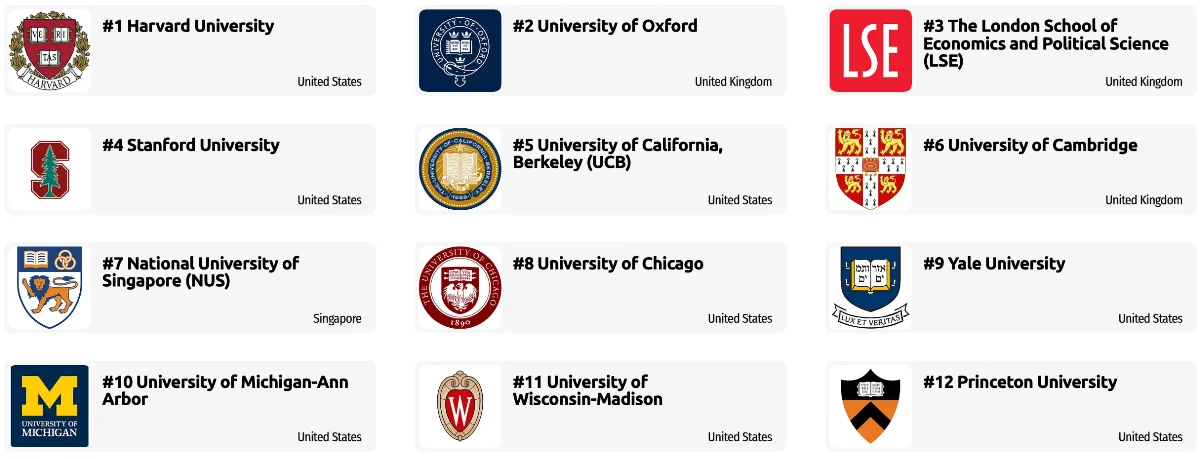Analyst

Analysts will often perform the following tasks:
- Identifying the underlying principles, reasons, or facts of information by breaking down information or data into separate parts.
- Using relevant information and individual judgment to determine whether events or processes comply with laws, regulations, or standards.
- Assessing the value, importance, or quality of things or people.
- Compiling, coding, categorizing, calculating, tabulating, auditing, or verifying information or data.
Inspector

Inspectors should be great at:
- Estimating sizes, distances, and quantities; or determining time, costs, resources, or materials needed to perform a work activity.
- Observing, receiving, and otherwise obtaining information from all relevant sources.
- Identifying information by categorizing, estimating, recognizing differences or similarities, and detecting changes in circumstances or events.
- Inspecting equipment, structures, or materials to identify the cause of errors or other problems or defects.
Other work activities related to Sociologists
- Presenting researching findings at professional meetings.
- Preparing publications and reports containing researching findings.
- Analyzing and interpreting data for increasing the understanding of human social behavior.
- Planning and conducting researching for developing and testing theories about societal issues such as crime, group relations, poverty, and aging.
- Collecting data about the attitudes, values, and behaviors of people in groups, using observation, interviews, and reviewing of documents.
- Developing, implementing, and evaluating methods of data collection, such as questionnaires or interviews.
- Teaching sociology.
- Directing working of statistical clerks, statisticians, and others who are compiling and evaluating researching data.
- Consulting with and advising individuals such as administrators, social workers, and legislators regarding social issues and policies, as well as the implications of researching findings.
- Collaborating with researching workers in other disciplines.







